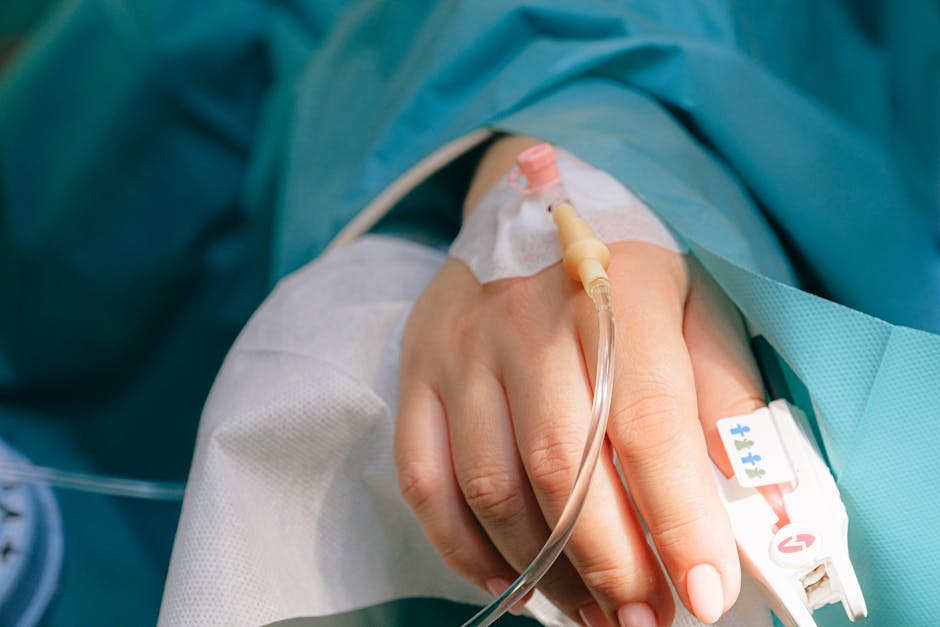Unlocking Clear Skin: A Guide To Navigating Acne Treatments
Dealing with acne can be incredibly frustrating. Whether it's a few persistent pimples or more widespread breakouts, acne can impact your self-esteem and leave you feeling helpless. The good news is that effective treatments exist, ranging from over-the-counter remedies to prescription medications and specialized procedures. This comprehensive guide will walk you through the various options available, helping you find the right path to clear, healthy skin.
Before diving into treatments, it's important to understand the root cause of acne. Acne occurs when hair follicles become clogged with oil, dead skin cells, and bacteria. This can lead to inflammation, resulting in the formation of pimples, whiteheads, blackheads, or even deeper, more painful cysts. Several factors contribute to acne development, including genetics, hormonal fluctuations, stress, and certain medications.
Over-the-counter (OTC) products are often the first line of defense against acne. Cleansers containing salicylic acid or benzoyl peroxide can help unclog pores and reduce inflammation. Salicylic acid works by exfoliating the skin's surface, while benzoyl peroxide kills acne-causing bacteria. It's essential to use these products as directed, as overuse can lead to dryness and irritation.
If OTC options prove ineffective, consulting a dermatologist is highly recommended. Dermatologists are skin specialists who can diagnose the severity of your acne and recommend personalized treatment plans. They may prescribe topical medications, oral antibiotics, or a combination of both. Topical retinoids, derived from vitamin A, are particularly effective in treating acne by promoting cell turnover and preventing clogged pores.
For individuals with moderate to severe acne, oral antibiotics may be prescribed to reduce inflammation and control bacterial growth. These medications are typically taken for a specific period and require close monitoring by a healthcare professional. Hormonal therapies, such as birth control pills or spironolactone, can be beneficial for women whose acne is influenced by hormonal fluctuations.
In addition to medications, dermatologists offer a range of in-office procedures to treat acne. Chemical peels involve applying a chemical solution to the skin, exfoliating the outer layer and reducing the appearance of acne scars. Microdermabrasion employs a device to remove dead skin cells and promote collagen production, resulting in smoother, clearer skin.
While seeking professional treatment is crucial, adopting a consistent skincare routine at home is equally important. This includes cleansing your face twice daily with a gentle cleanser, using non-comedogenic (won't clog pores) moisturizers and makeup, and avoiding touching your face excessively. Additionally, maintaining a healthy lifestyle by eating a balanced diet, managing stress, and getting enough sleep can positively impact your skin's health.
Remember, finding the right acne treatment may require patience and experimentation. Work closely with your dermatologist to determine the most effective approach for your specific skin type and concerns. With the right guidance and consistent effort, you can achieve clear, radiant skin and regain your confidence.


